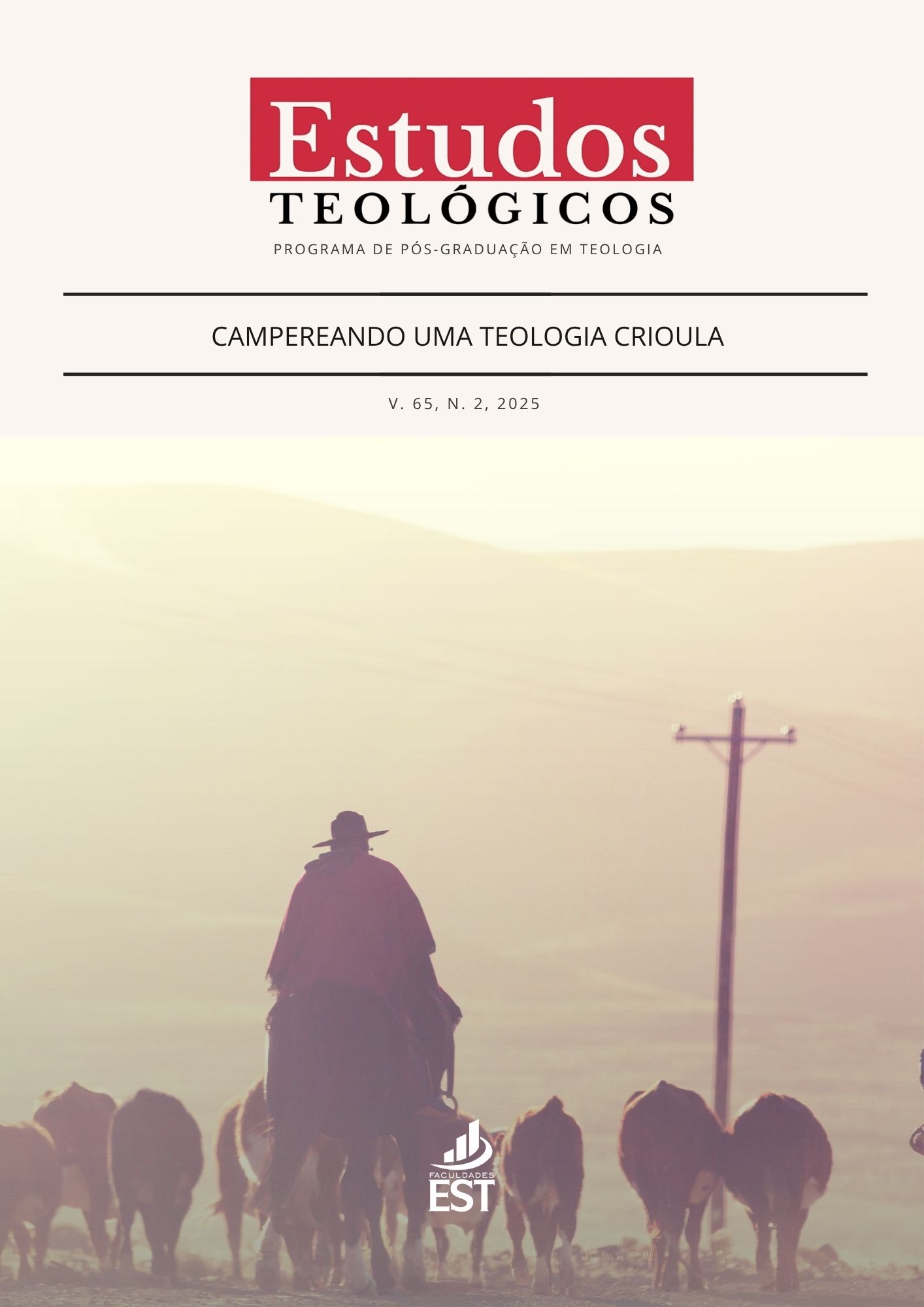Desenvolvimento Humano Integral
Integral Human Development: Dialogues Between Economics and the Social Doctrine of the Church
DOI:
https://doi.org/10.22351/et.v65i2.4189Keywords:
Integral human development, Social Doctrine of the Church, sustainability, economics, interdisciplinarityAbstract
The article Integral Human Development: Dialogues Between Economics and the Social Doctrine of the Church explores the historical and conceptual evolution of the term "development," analyzing its intersections between economics and the Social Doctrine of the Church. The topic is contextualized by the need to align economic progress with human dignity, social justice, and environmental sustainability, especially in light of contemporary challenges. The rationale lies in the urgency of rethinking development as an integral process that transcends economic indicators and incorporates ethical, social, and spiritual dimensions. The central issue addressed is the fragmentation of development approaches, which often neglect human and ecological aspects. The study aims to propose an interdisciplinary vision that bridges economics and theology to promote integral human development. The methodology is based on bibliographic analysis of works by economists such as Adam Smith, Karl Marx, Amartya Sen, and Joseph Schumpeter, as well as documents from the Social Doctrine of the Church, including the encyclicals Rerum Novarum, Populorum Progressio, and Laudato Sì. The results highlight the need to integrate sustainability, equity, and spirituality into the concept of development, culminating in the proposal of "integral sustainability." The conclusion is that integral human development is a civilizational project in progress, requiring cooperation among science, politics, ethics, and faith to address global crises and promote human and environmental well-being.
Downloads
Published
How to Cite
Conference Proceedings Volume
Section
License
Copyright (c) 2025 Estudos Teológicos

This work is licensed under a Creative Commons Attribution-NonCommercial 4.0 International License.
Política de Acesso Livre
A Revista Estudos Teológicos é de acesso livre, o que significa que todo o conteúdo está disponível gratuitamente, sem custos para o usuário ou sua instituição. Os leitores podem ler, baixar, copiar, distribuir, imprimir e compartilhar os links para os textos completos dos artigos, desde que com a devida atribuição de autoria e fonte original, conforme a licença abaixo.
LICENÇA CREATIVE COMMONS
Esta obra está licenciada sob uma Licença Creative Commons Atribuição-NãoComercial 4.0 Internacional (CC BY-NC 4.0).












